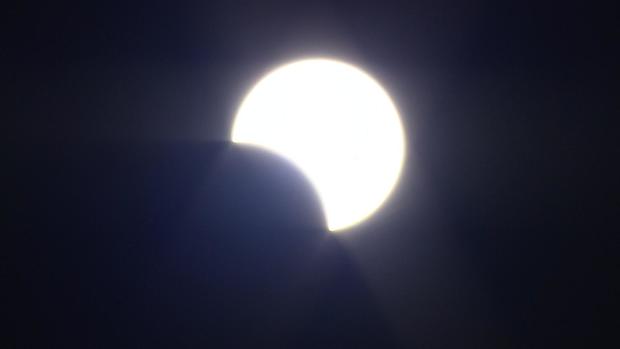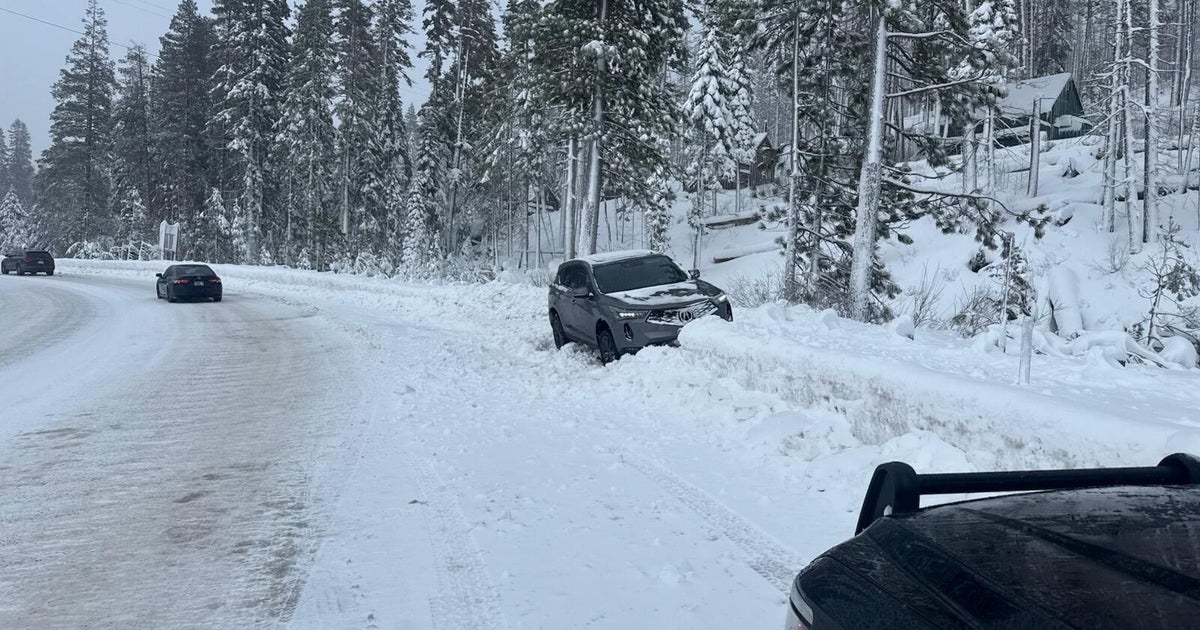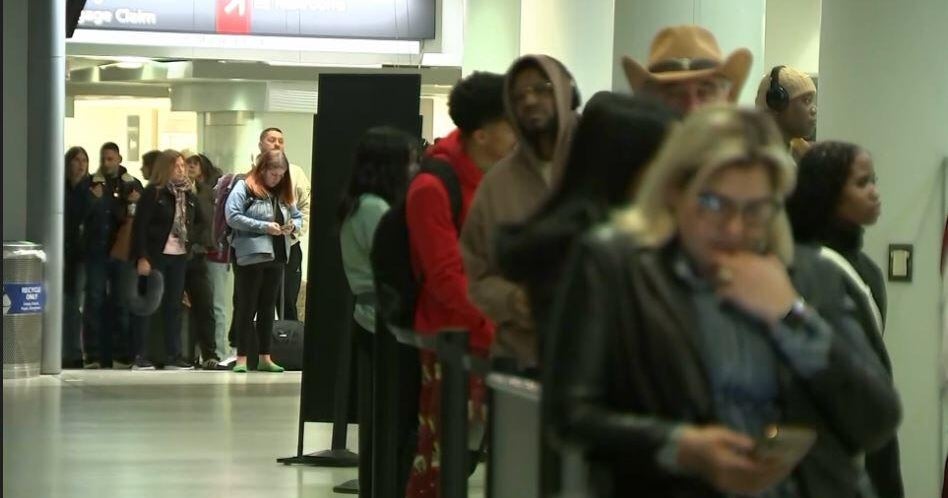When the 2024 eclipse starts, peaks and ends in the Sacramento area
California was completely out of the path of totality for Monday's solar eclipse, but that didn't mean we completely missed out on the show.
A large swath of the US experienced a rare total solar eclipse on Monday. Other parts of the country saw a partial solar eclipse, including people on the West Coast.
While California was on the side of the country opposite the path of totality, there were still some sights to seen for the intrepid observer.
How much of the sun will be blocked in Sacramento?
At its peak, 34 percent of the sun was covered by the moon in the Sacramento Valley. Skies were expected to clear in time in the Sacramento Valley for observers.
When will the partial eclipse begin in Sacramento?
The partial eclipse began in Sacramento at 10:16 a.m. The maximum eclipse happened at 11:15 a.m. The partial eclipse ended at 12:18 p.m. for California.
The 34 percent coverage number meant some people may not even notice it as they go about their day.
People who want to observe the eclipse should never look at the sun at any time without eye protection. Certified solar viewing glasses or eclipse glasses should be used.
When is the next solar eclipse in the US?
It's going to be some time before the next total solar eclipse rolls through the US.
The next total solar eclipse is predicted to cross North America on Aug. 23, 2044, according to NASA. Unlike 2024's eclipse, however, only three states – Montana, North Dakota and South Dakota – will touch the path of totality this next time.
Solar eclipses do happen about twice a year on average around the world, but scientists note that the timings are not regular.








